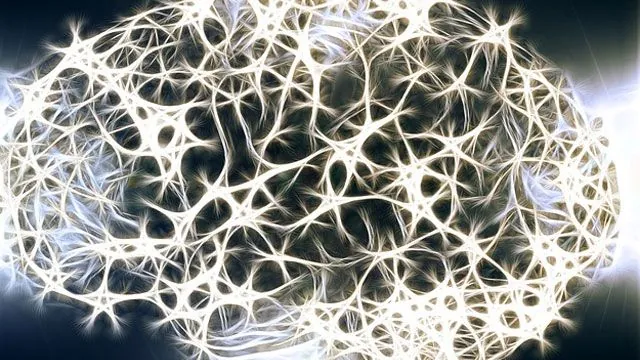
Energy Crisis in the Brain: The Hidden Dangers of Excess Glutamate Release
2025-04-23
Author: Nur
Unveiling a Deadly Neurotransmitter Reaction
When our brains face energy shortages, a dangerous phenomenon occurs: the excessive release of glutamate, a neurotransmitter that can wreak havoc on nerve cells. This surge in glutamate levels is not just a minor issue—it's a pivotal player in the damaging aftermath of strokes and other energy-depleting conditions.
Groundbreaking Research from Germany
Led by Dr. Tim Ziebarth at Ruhr University Bochum, in collaboration with teams from the Universities of Düsseldorf and Twente, scientists have unraveled shocking insights into how energy deficiencies trigger perilous glutamate spikes. Published in the journal iScience on April 18, 2025, their study reveals critical information that could shift our understanding of brain health.
The Role of Energy in Neurotransmitter Balance
Our brains thrive on a steady supply of energy for optimal function. When this supply falters, as seen in strokes, the balance of neurotransmitter release and reuptake is thrown into chaos. "Without adequate energy, abnormal glutamate excursions can occur, compromising synaptic function and threatening neuronal survival," explains Ziebarth.
Revealing a New Glutamate Release Mechanism
Using an innovative fluorescent sensor, the researchers identified a previously uncharted mechanism behind glutamate release during energy depletion. They discovered that typical glutamate release was often sidelined in favor of atypical, prolonged, and widespread release events, significantly heightening extracellular glutamate concentrations.
The Self-Perpetuating Cycle of Damage
This unusual glutamate discharge doesn’t just happen in isolation; it's part of a vicious cycle. Elevated glutamate levels trigger further release events, creating a self-reinforcing loop of damage. The team found that inhibiting NMDA receptors—key players in glutamate signaling—could significantly lessen these harmful release events.
Future Directions: Understanding the Intricacies
While this study opens new doors, many questions remain. The researchers are keen to clarify which specific cell types are responsible for these atypical releases and how significant their role is in conditions like strokes and neurodegenerative diseases. It’s already clear, however, that excess glutamate is a formidable enemy to neuron health.
The Implications of Elevated Glutamate Levels
With this research, scientists are inching closer to understanding how our brains respond to energy shortages. As the link between heightened glutamate and neuronal damage becomes increasingly evident, there’s hope that targeted treatments could one day mitigate the adverse effects of energy depletion, making strides toward safeguarding brain health in critical scenarios.


 Brasil (PT)
Brasil (PT)
 Canada (EN)
Canada (EN)
 Chile (ES)
Chile (ES)
 Česko (CS)
Česko (CS)
 대한민국 (KO)
대한민국 (KO)
 España (ES)
España (ES)
 France (FR)
France (FR)
 Hong Kong (EN)
Hong Kong (EN)
 Italia (IT)
Italia (IT)
 日本 (JA)
日本 (JA)
 Magyarország (HU)
Magyarország (HU)
 Norge (NO)
Norge (NO)
 Polska (PL)
Polska (PL)
 Schweiz (DE)
Schweiz (DE)
 Singapore (EN)
Singapore (EN)
 Sverige (SV)
Sverige (SV)
 Suomi (FI)
Suomi (FI)
 Türkiye (TR)
Türkiye (TR)
 الإمارات العربية المتحدة (AR)
الإمارات العربية المتحدة (AR)